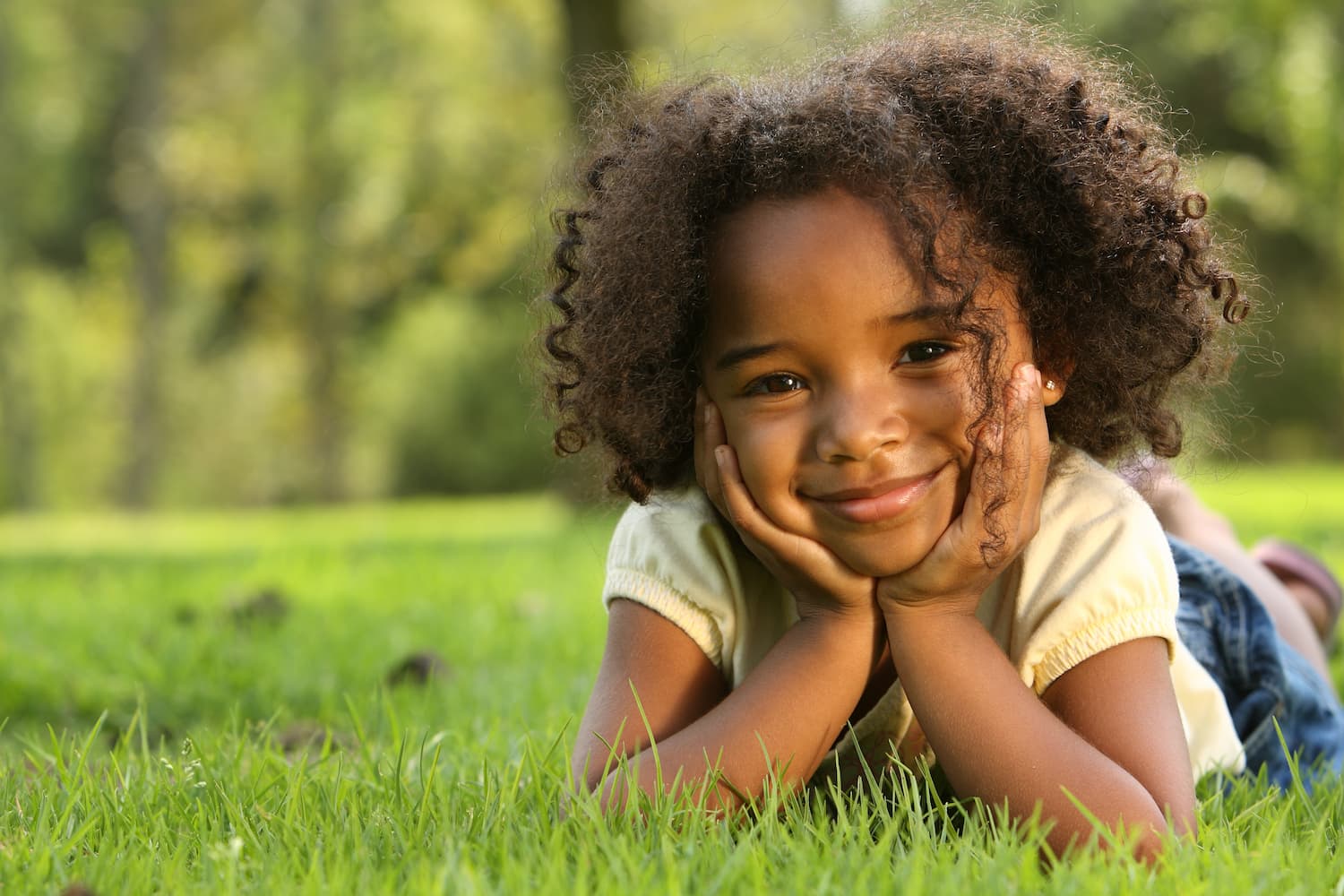- Winter colds in children are on the rise in Summer.
- What medicines shall I take on my family holiday?
- Everything you need to know about potty training - the Childhealthy guide
- Before you go...
We hope this latest update finds you and your loved ones well.
Please share the article, follow and like us on Facebook and Instagram. Your support and feedback are really appreciated and so valuable in helping us improve these updates. We aim for this information to be useful to you and all families.
Our new classes for weaning infants on to solids have started! Many parents feel apprehensive about starting their baby on solids and it generates a lot of questions about what to feed your baby, when and how much.
Our virtual classes offer top tips to make it enjoyable for you and your baby and give you the opportunity to ask any questions too.
Email us on info@childhealthy.co.uk if you are interested in joining the class that will be online with a paediatric dietitian.
Our virtual First aid training classes for parents are still continuing with great feedback. Please pass on the details to other parents, NCT groups, grandparents and all carers. Larger group discounts are available. You can book onto a class by emailing firstaidtraining@childhealthy.co.uk
Do you have a question or topic that you would like covered in this newsletter? Please email info@childhealthy.co.uk and we will aim to include this in the next update.
Our practice is here to support you as usual.
We wish you all the very best,
Dr Yiannis and the Childhealthy team.
Winter colds in children are on the rise in Summer.
Emergency departments across the UK are seeing very high numbers of young children for this time of year because of a rise in infections that are usually seen in winter. Some paediatricians have been describing it as a "winter in June."
The increase in cases of children with fever is related to the easing of lockdown restrictions as children are coming together. There has been a noticeable rise in respiratory infections such as RSV (respiratory syncytial virus) and bronchiolitis, parainfluenza, and rhinovirus, all of which produce symptoms of coughs, runny nose and fever.
If you are worried about your child’s temperature, our advice article, ‘What is a high temperature for a child?’ can help you determine whether your child has a high temperature and when you should contact a doctor.
Temperatures are very common in children and usually aren’t serious. Along with runny noses and sore throats, they can be signs your child has a cold. Fortunately, viral illnesses such as colds are self-limiting and usually resolve simply with rest, pain relief, hydration, and lots of tissues!
This helpful flowchart, has been developed by the Royal College of Paediatrics and Child Health and uses a traffic light system to help you know when to take your child to A&E if they have a temperature and other symptoms.
Our COVID-19 and children FAQs detail what symptoms to watch out for and what to do if you think your child may have coronavirus.
Emergencies are best looked after in an emergency department or by calling 111 for advice or 999 in an emergency. However, if you’re feeling worried or unsure about your child’s temperature, you can always talk with one of our paediatricians. Please feel free to contact us at Childhealthy, we will be happy to help.
Clinic, remote appointments and home visits are available daily.
What medicines shall I take on my family holiday?
With the world beginning to open up again, you may be thinking about travelling with children this summer. It’s best to be prepared with little ones in case of unexpected illness, so here’s a practical guide to what to take with you when you go.
What medicines should I take with me?
- Medicine for pain and fever, such as Paracetamol and Ibuprofen for children. The dosing instructions may vary in different countries so always check the label if you buy medicine abroad and seek medical advice if you need to.
- An antihistamine such as Piriton for allergic reactions and itching.
- An ointment or cream for stings and bites.
- An adequate supply of prescribed medications for any pre-existing medical conditions to last for the duration of your time away. These should be arranged before you travel. For example, inhalers for asthma or wheezing.
- Oral rehydration solution sachets such as Dioralyte in case of a diarrhoeal illness.
- Consider getting your child a medical alert bracelet if they have a chronic medical problem, especially if they have food allergies, diabetes, or seizures, etc.
You should also pack a simple first-aid kit for any emergencies. You can buy these ready-made from most chemists that will have everything you need and can take away.
If you have any concerns about travelling with your child, or you’re unsure whether your child is well enough and able to travel, you can arrange an appointment with your paediatrician.
And don’t forget to check with your paediatrician whether additional vaccinations need to be arranged before you travel.

Everything you need to know about potty training - the Childhealthy guide
New on our Childhealthy website this month is the Childhealthy guide to potty training - Everything you need to know about potty training.
We get a lot of questions about potty training toddlers, some of which we covered in The ultimate guide to baby milestones, from birth to one year.
Potty training can be a daunting task for parents. It can be hard to know when to start potty training your child. That’s why we’ve developed this guide with advice that will help you make an informed decision about when’s the best time for your child.
Everything you need to know about potty training gives you more advice about when to start, how to start, the signs your toddler is ready and the top Do’s and Don’ts that will help you along the way. We hope you find it useful.
If you have a question about potty training that isn’t covered in the guide, please do email us at info@childhealthy.co.uk so we can add it in.
That’s all for now. As always, we are all here and available to support you with your child’s health. I hope you find the further resources below useful.
Further resources:
- RCPCH Advice for parent during coronavirus flowchart
- Gov.uk latest vaccination figures
- RCPCH A&Es see dramatic rise in number of young children – but it’s not COVID
- What is a high temperature in children?
- Everything you need to know about potty training
- The ultimate guide to baby milestones, from birth to one year.

